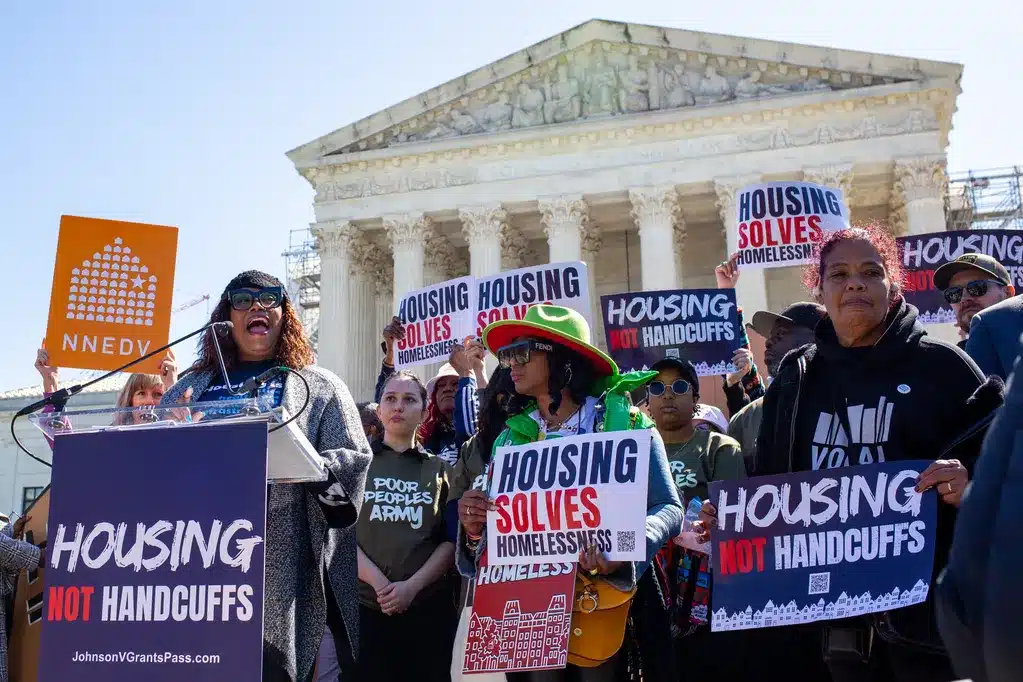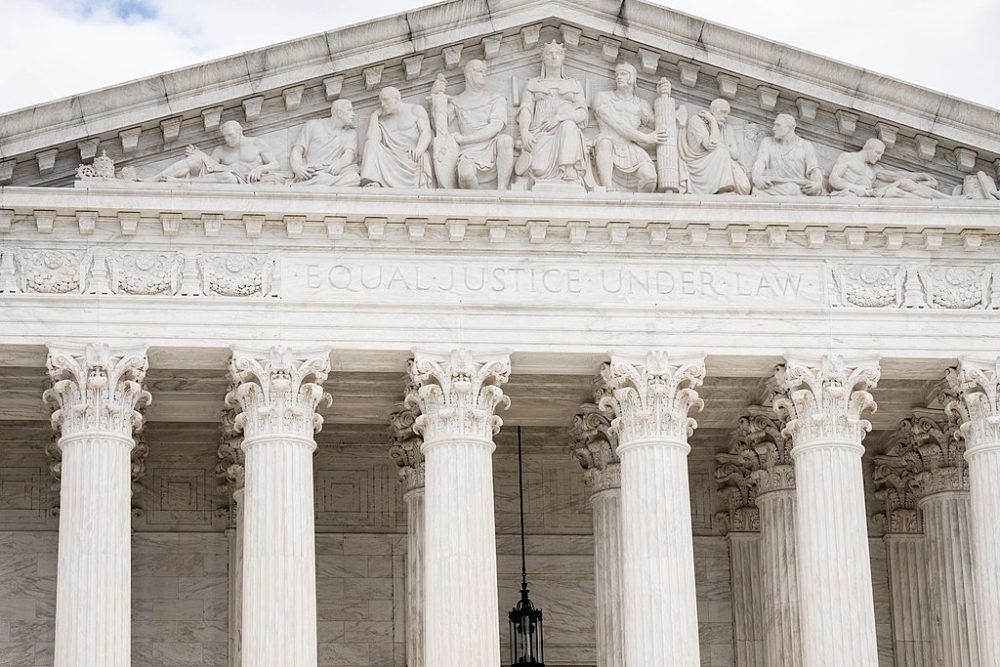As Election Day nears, President Obama is regaining his populist mojo. His State of the Union address was mostly pitch perfect, evoking core American themes of opportunity and optimism, and calling for “an economy where everyone gets a fair shot, and everyone does their fair share, and everyone plays by the same set of rules.”
But the president has repeatedly hit a wrong note in talking about the foreclosure crisis. Not only is his story inaccurate, but he is promoting a harmful narrative that will make it harder to fix the problem.
The president said in his State of the Union address that “we've all paid the price for lenders who sold mortgages to people who couldn’t afford them and buyers who knew they couldn't afford them.” He repeated that theme a week later at a speech in Falls Church, Va., contending that people who did the “right and the responsible thing” were hurt by “lenders who sold loans to people who they knew couldn't afford the mortgages; and buyers who bought homes they knew they couldn't afford; and banks that packaged those mortgages up and traded them to reap phantom profits, knowing that they were building a house of cards.” A different class of “innocent, hard-working” people are the only ones paying the price in this narrative.
But let's be clear. The foreclosure crisis was caused by reckless misconduct by the lending and financial industries, inadequate rules and enforcement, and staggering long-term unemployment.
According to the president’s narrative, then, large numbers of Americans who are struggling beneath unsustainable mortgages willfully chose that fate. Additionally, they deserve roughly equal blame as do the lending and financial giants who cooked up the subprime scheme, targeted vulnerable communities, engaged in deceptive and discriminatory practices, chopped up and distributed faulty loans, and forced fraudulent foreclosures.
America’s long history of overwhelmingly successful homeownership went to pot because regulators looked the other way and unscrupulous corporations took advantage, not because working Americans suddenly became wildly irresponsible. Indeed, conscientious lenders like Self-Help Credit Union in North Carolina successfully made loans to the same group of working Americans over the same period with negligible default rates.
Am I saying that no American homeowner ever applied for a mortgage without a realistic plan to repay it? Of course not. A key purpose of proper underwriting standards and regulations is to help lenders and buyers determine what’s mutually sustainable. But to divide American homeowners into “responsible” ones who've managed to stay current on their payments and supposedly “irresponsible” ones who've fallen behind is inaccurate and harmful.
After confessing that he and the First Lady—lawyers who graduated from Harvard Law School—had trouble deciphering their own first mortgage, the president has nonetheless failed to convey how many Americans were victimized by deceptive and predatory practices; how many families sacrificed all to pay the mortgage after one or both parents lost a job; and how many people facing foreclosure today would be successful homeowners if fair rules and vigilant regulators had been in place. He also leaves out how much each of us benefits when we help our neighbors avoid foreclosure, even if we’ve personally managed to stay current on our own mortgages.
The President's flawed story erodes the public will to aid struggling homeowners and bolsters those who say that the foreclosure crisis should be allowed to “run its course”—why rally to help people you’ve told us are irresponsible? Yet, without a more ambitious policy agenda than we have now, we’ll see millions more Americans lose their economic security, families uprooted from schools and communities, senior citizens thrown into uncertainty or destitution, and the economy in continued chaos.
The president’s current story is also deepening the feelings of shame that keep too many Americans from seeking the advice that could help them save their homes or, at least, make a successful transition. Housing counselors say the stigma attached to foreclosure keeps many people in the shadows instead of accessing the services that exist.
It's time for a new, accurate story about homeownership, opportunity, and the American Dream. It’s a story that places blame where it belongs, while recognizing that we each have economic and moral responsibilities. It's a story about the solutions to the crisis that exist, including many that the Administration can take without any action from Congress. And it’s a story about why, in this crisis as in so many others, we are all in it together. As communicator-in-chief, the president should take the lead in telling that story.
Photo courtey of The White House Flickr stream.






The President’s characterization of the foreclosure crisis is not flawed – it is incomplete! In spite of the author’s implications to the contrary, foreclosures of bank mortgages is not new! The severity and broad impact of the current foreclosure crisis was caused by unprecedented reckless misconduct by the lending and financial institutions, inadequate rules and enforcement, and staggering long-term unemployment. However, you also need to add to that list of culprits greed and all of the organizations that encourage people to buy homes without the benefit of proper pre and post purchase counseling. Note that Self Help provides both for its borrowers. The reason that so many low- moderate income people have been impacted by the current foreclosure crisis is that many nonprofits encouraged people to get mortgages without the necessary counseling support. The author mistakenly states that many borrowers allowed themselves to be victims of predatory lending practices. However, it is hard to protect people from themselves. I’ve known leaders of nonprofits that have succumbed to the promises of predatory lenders! The wrong notes this article strikes are failing to list the full list of culprits and to infer that the President is blaming the victims. The real culprits are those who backed the no down payment loans and no counseling and encouraged people to use home ownership as a vehicle to build wealth without the proper guidance of pre and post purchase counseling.!